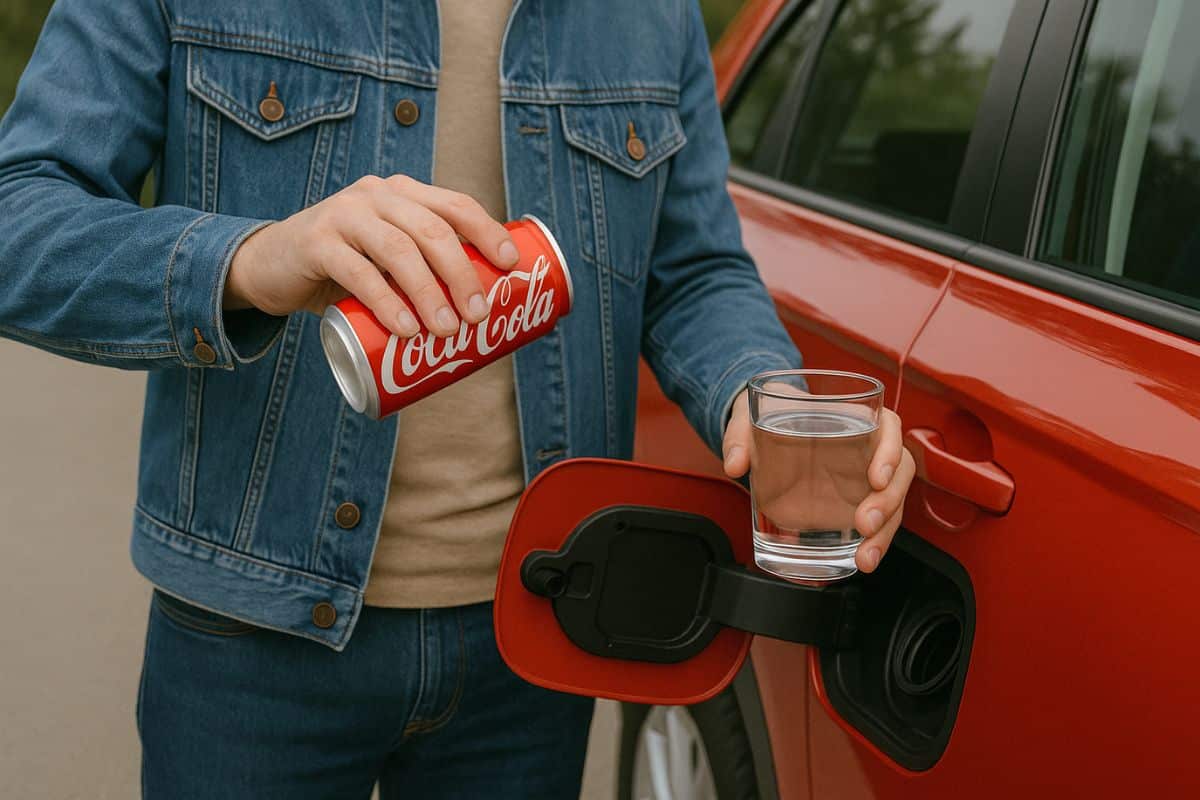Researchers at MIT have developed a revolutionary process for producing hydrogen from recycled soda cans and seawater. This low-carbon innovation paves the way for clean, affordable mobility, while making use of common waste products. A major step forward for the future of energy.
A clean fuel from waste?
Producing hydrogen, a fuel often presented as the key to the energy transition, remains an environmental challenge. Most of the hydrogen used in the world still comes from highly polluting processes, mostly derived from fossil fuels. However, a team of engineers at MIT has just demonstrated that it is possible to manufacture clean hydrogen, at low cost and on a large scale, from resources as commonplace as used soda cans and seawater”.
At the heart of this innovation is a simple chemical reaction that has long remained unexploitable on a large scale. Aluminium, when pure, reacts vigorously with water to release hydrogen. But when exposed to air, it is instantly covered with a thin layer of oxide that blocks the reaction. MIT researchers have found a solution: they treat recycled aluminium with a rare alloy of gallium and indium, which removes this protective layer. Mixed with seawater, the pure aluminium begins to bubble, releasing abundant hydrogen. The salt in the seawater also makes it easier to recover and reuse the alloy, making the process even more sustainable and economical.
An exemplary carbon footprint
To assess the real potential of this method, the team carried out a complete life cycle analysis, evaluating each stage from the collection of the aluminium to the distribution of the hydrogen. The result: producing one kilogram of hydrogen using this process emits just 1.45 kg of CO₂, compared with 11 kg for traditional methods based on fossil fuels. This figure puts MIT’s technology on a par with the best ‘green’ alternatives, such as hydrogen from wind or solar power, but with the advantage of using recycled waste and an almost inexhaustible resource: seawater.
One kilogram of hydrogen can be used to travel between 60 and 100 kilometres in a fuel cell car, depending on the efficiency of the model. The production cost, estimated at around $9 per kilogram, is comparable to that of other green solutions, while offering unprecedented logistical flexibility. Rather than transporting hydrogen, a gas that is difficult to store, it would be possible to transport processed aluminium pellets to coastal service stations. Once there, they could simply be mixed with seawater to produce hydrogen on demand, thereby minimising the risks and costs associated with transporting the fuel.
Practical applications
The technology is no longer at the laboratory stage: researchers have already designed a small reactor, the size of a water bottle, capable of producing enough hydrogen to power an electric bicycle for several hours. They have also demonstrated the feasibility of using the process to power a small car, and are now exploring marine applications, in particular to power boats or underwater drones directly from the surrounding water.
As well as producing energy, the process generates a valuable by-product: boehmite, a mineral used in the electronics and semiconductor industries. The resale of this material could help to further reduce the overall cost of fuel, while fully exploiting each stage of the production cycle.
This advance by MIT demonstrates that it is possible to produce clean hydrogen from abundant and recycled materials, with limited environmental impact and controlled cost. By combining chemical innovation, recycling and natural resources, this technology could play a key role in the democratisation of hydrogen mobility, finally making a truly green fuel available to everyone.

